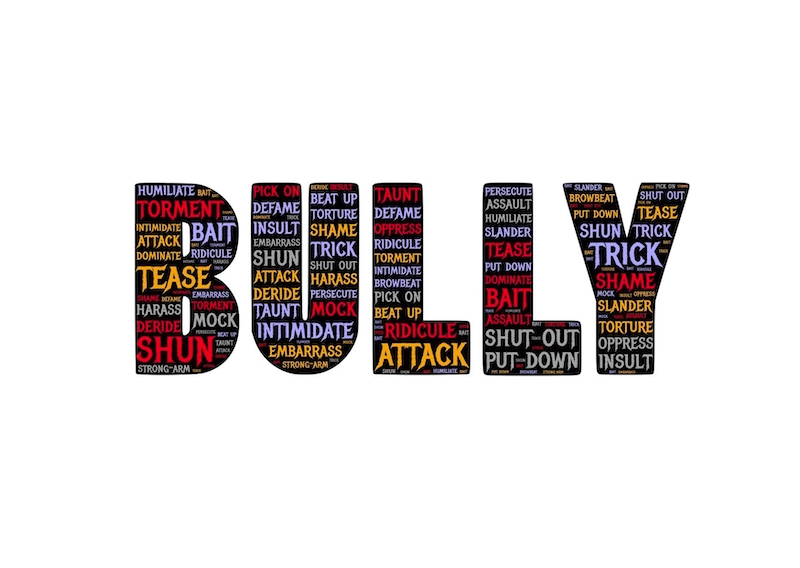The damaging and long term effects of bullying can affect everyone involved, from the person being bullied, those who witness bullying and even the bully themselves. Bullying is linked to many short term and long term damaging negative outcomes including impacts on mental health, low self esteem, substance abuse as a means of escape, and in the worst cases suicide. It is important to talk to kids to determine whether bullying—or something else—is a concern. International schools in Bangkok take bullying very seriously and will often have specific sections on the procedures they follow in their school hand books, but of course no school can be immune to this problem and no school is affected more than the other. The instances of bullying can vary from school to school, from year to year and should be reported immediately to avoid the situation escalating.
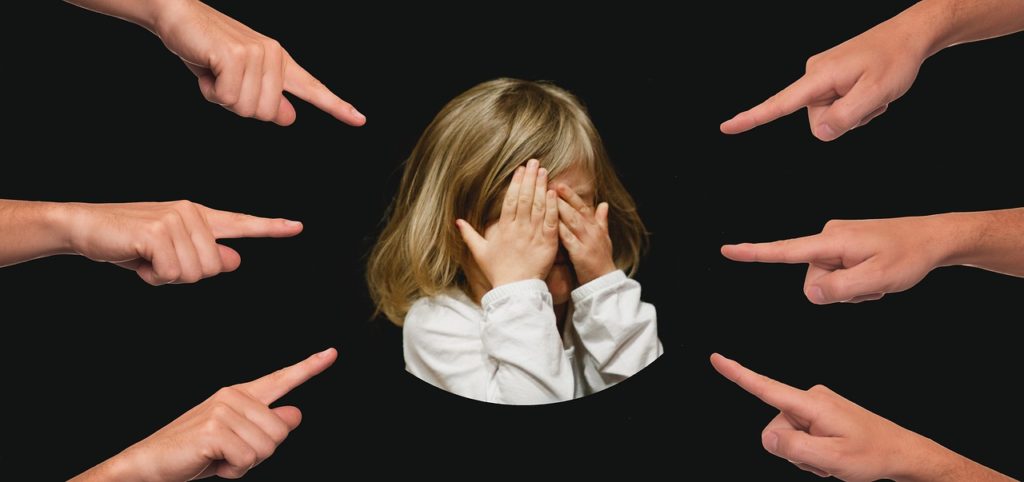
Bullying at Home
Before we look at the most common cases of bullying which occur at school or in extra curricular clubs and activities, let’s not forget bullying can also happen in the home and detecting this can be harder and sometimes worse on the child than being bullied than with a stranger. Alarming research has shown that siblings can be the cause of horrible bullying, shaming and name calling and in the very worst cases parents themselves. Emotional blackmailing or bullying is more prevalent now than ever with many ‘helicopter parents’ shaming their kids for average grades, forcing them to be part of the football team as their elder brother was the football captain, or performing in school plays when they are actually terrified of public speaking. School therapists have noted an increasing amount of students who are bullied into taking subjects and a career path they are not fully engaged in, just because their parents bully them into a situation and/or feel the pressure of societal expectations. Another sad reality is bullying kids to either achieve what a parent did not, or into a cycle of over achieving to compete with their peers. Ironically the pressure this has on a child or student can result in them dis-engaging in their academic pathways and sadly accounts for a high percentage of teen suicides.
Remember the effects of bullying are felt the same wherever this originates from.
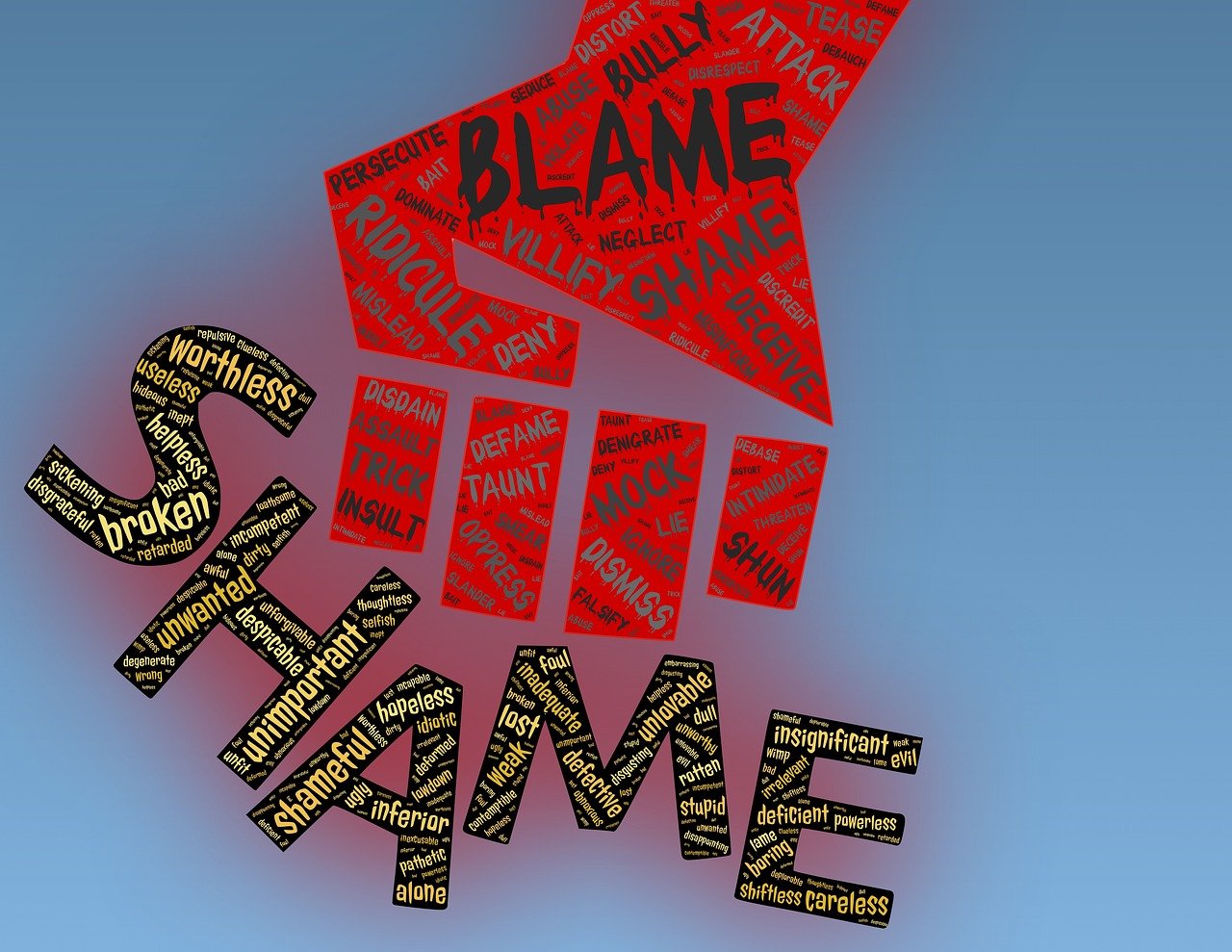
Kids Who are Bullied
For the kid who is being bullied this will engulf their world and they can experience negative physical, social, emotional, academic, and mental health issues and are more likely to experience:
- Depression and anxiety, increased feelings of sadness and loneliness, changes in sleep and eating patterns, and a loss of interest in activities they used to enjoy. These issues may persist into adulthood and impact their self esteem sometimes for their whole life.
- Health complaints especially stomach related issues or headaches and migraines due to poor diet, sleep and increased levels of anxiety.
- Decreased academic achievement—GPA and standardized test scores—and school participation. Kids who are being bullied at school will simply not want to go and are more likely to miss school (“mum I’ve got a stomach ache again”), skip “I’ll just skip classes for a few days to let things settle”), or drop out of school (” I just can’t face this every day!”)
- Abuse substances from smoking to drinking and drugs as a means of escaping the reality of their painful daily lives.
A very small number of bullied children might retaliate through extremely violent measures. In 12 of 15 school shooting cases in the last two decades, the shooters had a history of being bullied, which tells us schools and colleges still have a long way to go in identifying this, intervening and putting a stop to it immediately.

Kids Who Bully Others
Kids who bully are often people who feel helpless or out of control in their personal lives and may search for other ways to express their frustration if they don’t have healthy coping mechanisms. For some, this may take the form of choosing to inflict physical or emotional harm on others to feel in control of something they don’t like about themselves. Sadly when kids witness violence or people being nasty to each other at home, they come in to school and copy what they see, the psychology of bullying is a subject of much debate, but, some kids can just be mean. There is no excuse or justification for bullying of any kind and often when you confront a bully they will stop harassing you and move onto someone else. However for small kids that can be a difficult task especially if they are bullied by a group and this can feel like the end of their world, hence the importance of reporting the bully. The bullies themselves, especially if they get away with their behaviour can often engage in violent and other risky behaviors into adulthood. Kids who bully are more likely to:
- Abuse alcohol and other drugs in adolescence and as adults
- Get into fights, vandalize property, and drop out of school
- Engage in early sexual activity
- Have criminal convictions and traffic citations as adults
- Be abusive toward their romantic partners, spouses, or children as adults. Once a bully-always a bully.
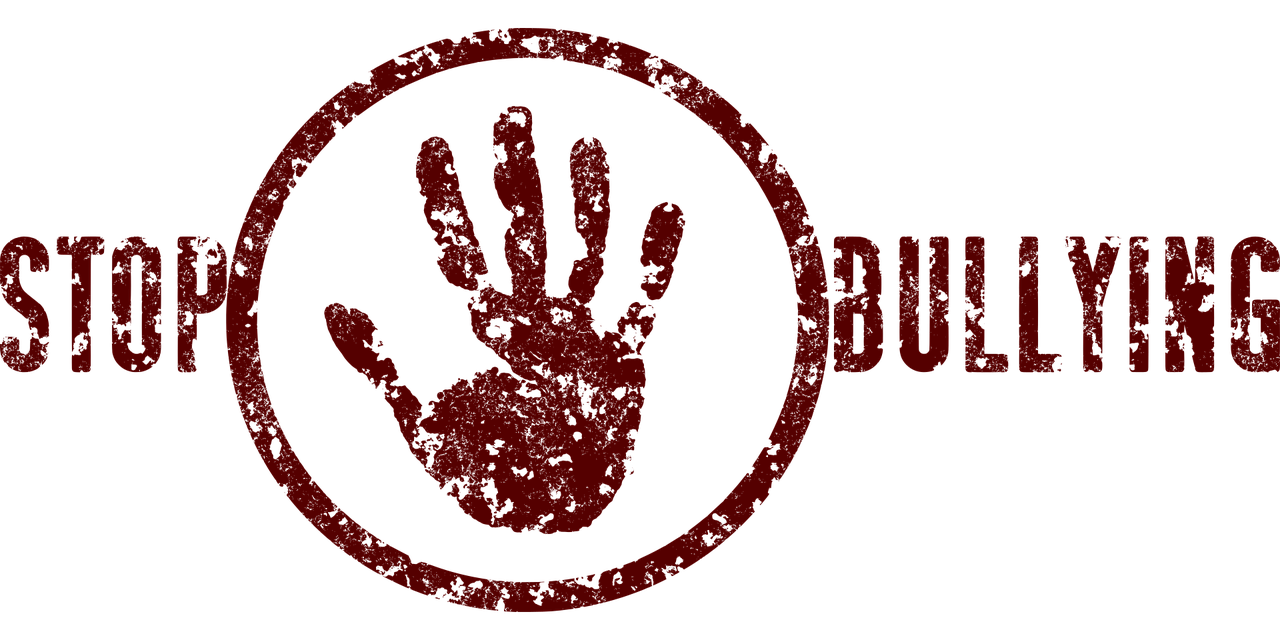
The Bystanders
A bystander has the potential to make a positive difference in a bullying situation, particularly for the kid who is being bullied. When kids who are being bullied feel they are being are defended and supported by their peers, they are less anxious and depressed. When bystanders to bullying intervene, bullying stops within 10 seconds 57 percent of the time. Sometimes adolescents and young kids who witness bullying are not sure what their role is and or what they can do to address bullying. However a bystander can take on different roles:
- The Defenders who help by intervening when bullying occurs or extend support to the person being bullied in the moment, or take other actions to address the bullying.
- The Outsiders, who witnesses the bullying situation but doesn’t want to get involved. That’s why it’s important to have conversations over bullying with our kids to ensure they do intervene and support others when these see these situations.
- The Reinforcers those who support the bully and may laugh, encourage, or cheer on the bully during or after the bullying incident. These are just as bad as the bully as it’s important for our kids to fully understand that.
- The Assistants who help the individual doing the bullying and join in. For example, an assistant may physically restrain or block the target of bullying so that they cannot get away, again these kids are just as guilty as the bully.
I think as parents we all want our kids to be The Defenders and that mindset starts at home, it’s never too early to have these conversations. Bullying can happen at anytime in a kids life (or as adults for that matter) and having someone stand by your side can make all the difference.
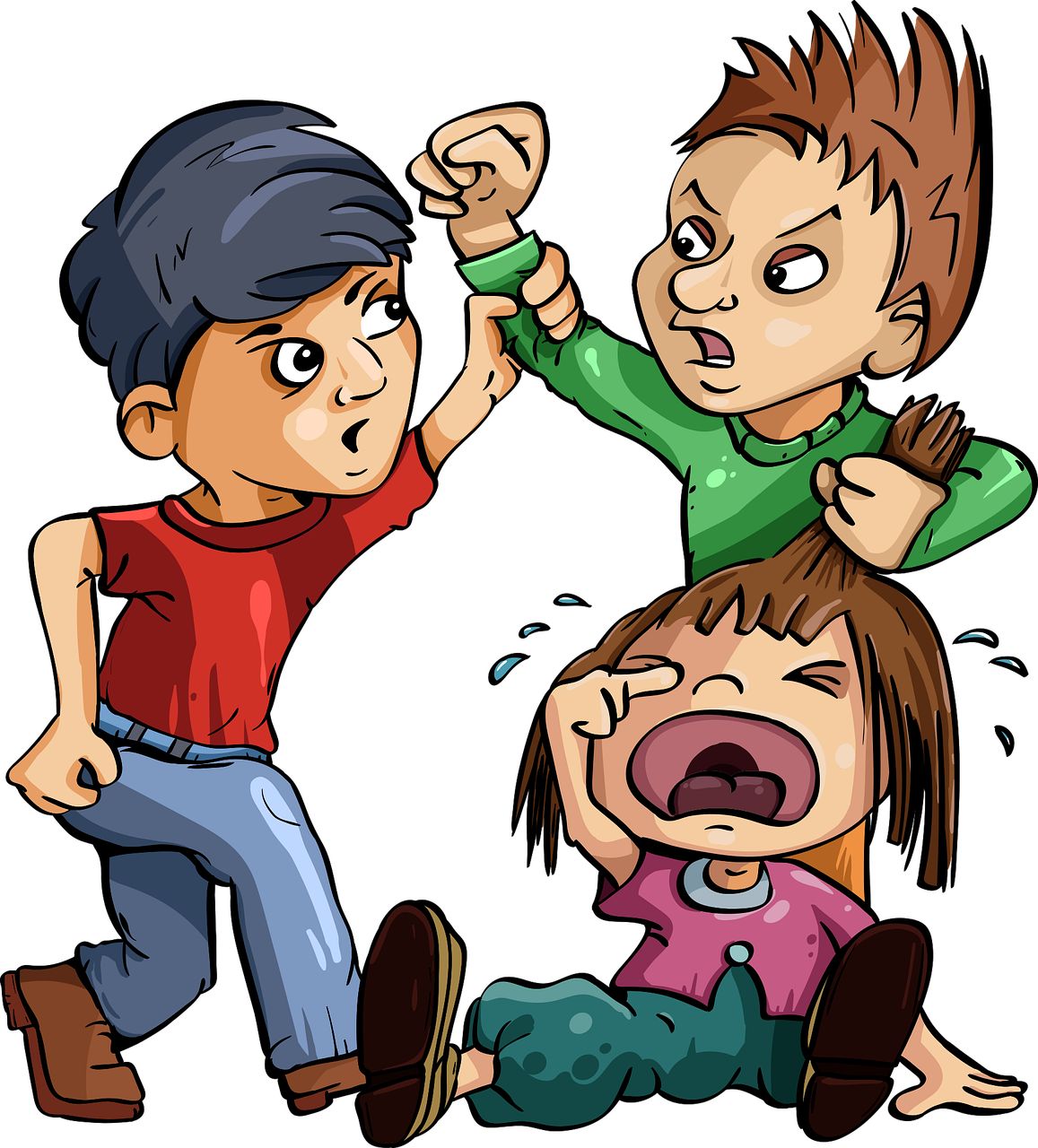
The Relationship Between Bullying and Suicide
Media reports often link bullying with suicide. However, most youth who are bullied do not have thoughts of suicide or engage in suicidal behaviors so don’t panic, this is just the worst case scenario.
Although kids who are bullied are at risk of suicide, bullying alone is not the cause. Many issues contribute to suicide risk, including depression, gender identity, problems at home, and trauma history. This risk can be increased further when these kids are not supported by parents, peers, and schools. Bullying can make an unsupportive situation worse.

